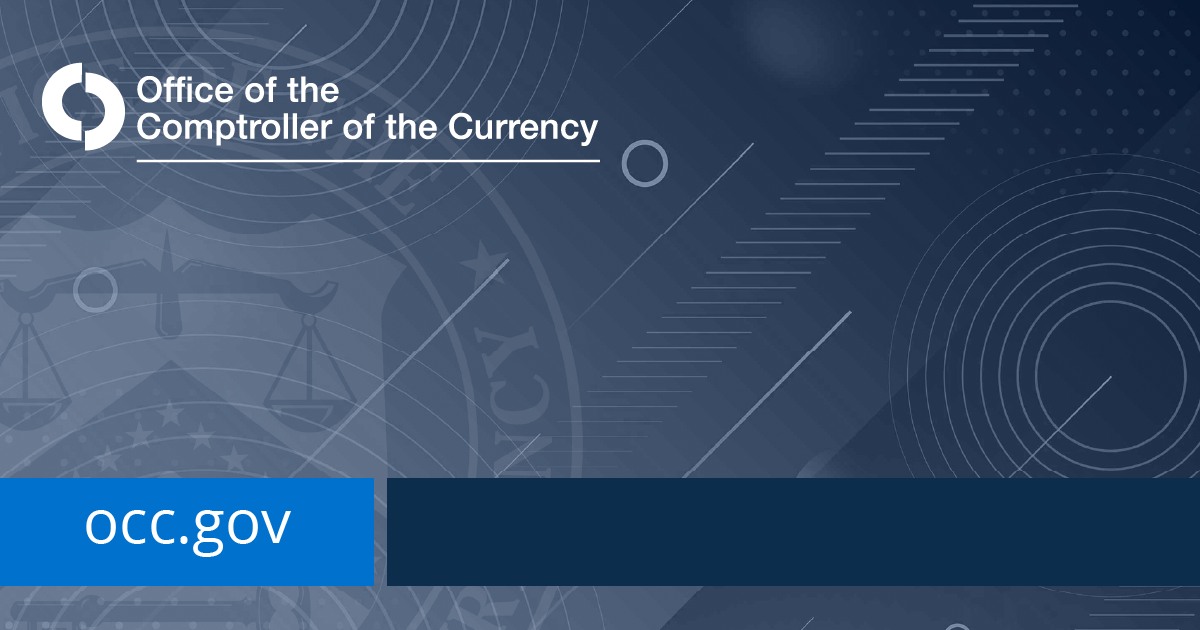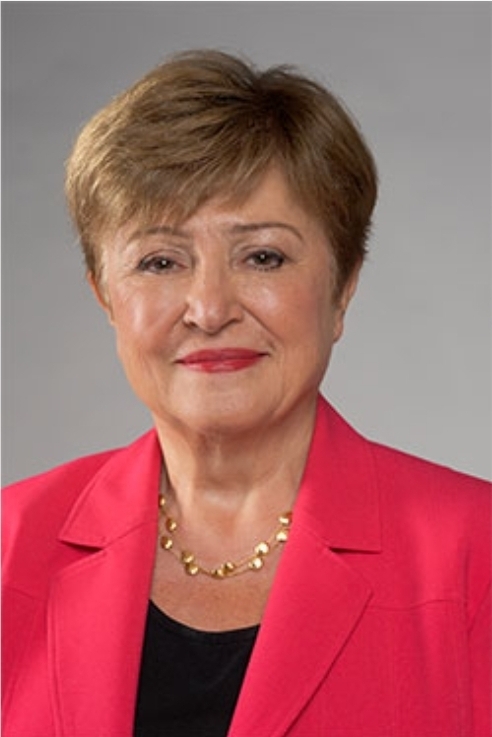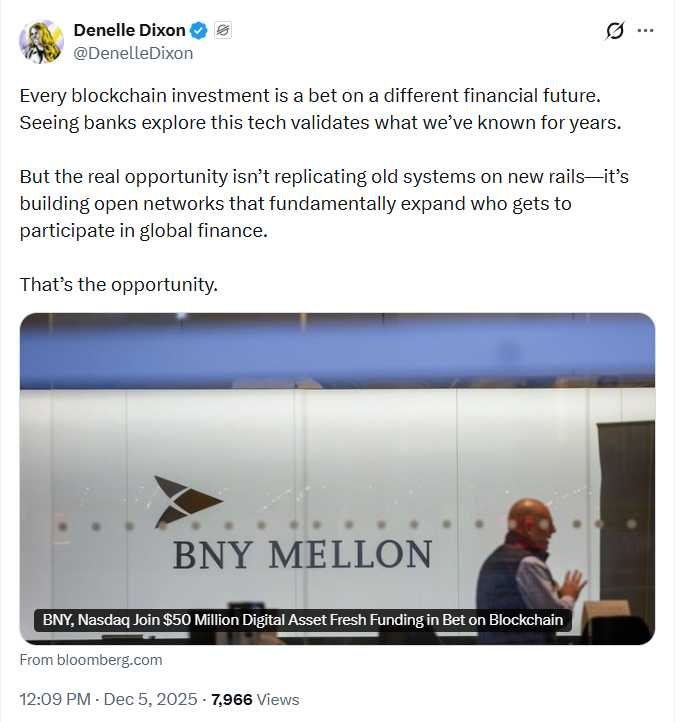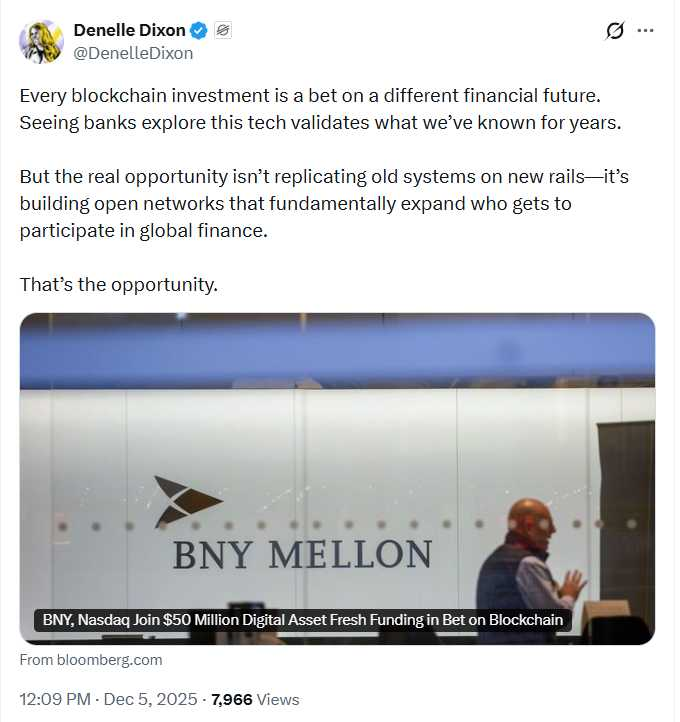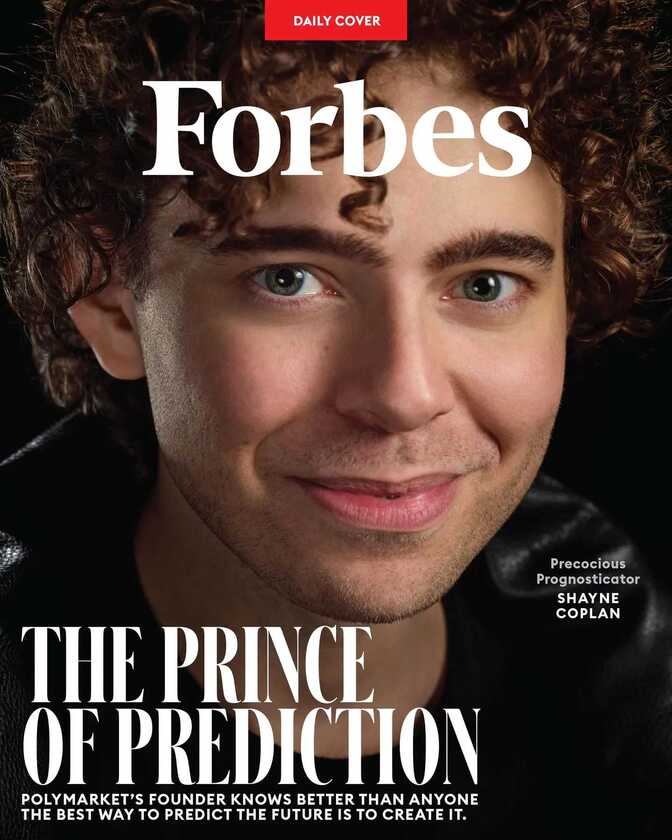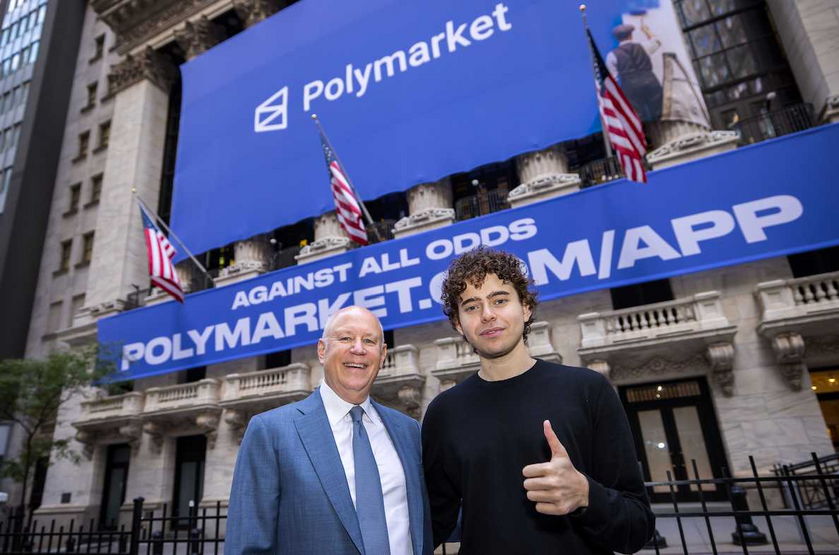There’s a fake petrodollar news story doing the rounds that Saudi Arabia and the U.S. had a 50-year contract in which Saudi agreed to settle all its oil sales in U.S. dollars. Supposedly, this is meant to foreshadow the end of dollar dominance and is good for cryptocurrency prices. Except there was no such deal.
It’s tricky to check something that doesn’t exist. However, David Wight, an academic who wrote a book on the Petrodollar, told us that the deal did not exist. He trolled through declassified records to write his book.
Like all effective fake news stories, some aspects have slivers of truth. For example, Saudi Arabia has indeed joined mBridge, the cross border central bank digital currency project involving the central banks of China, Hong Kong, Thailand and the UAE. And mBridge does not plan to support dollar payments for now.
A different 1974 Saudi US pact
There was also a 1974 agreement between Saudi Arabia and the United States. However, it did not require Saudi to use dollars for oil sales. Nor do any declassified records indicate an end date.
So, what was the 1974 treaty about? A simplistic summary is that the United States agreed to sell Saudi Arabia high tech weapons. In return, Saudi Arabia agreed to invest excess cash in Treasuries. At some point in the 80s the oil kingdom reportedly owned 30% of U.S. Treasury debt. Since then the United States’ national debt has ballooned and is currently just shy of $35 trillion. The official figure for the Saudi holdings in Treasuries is $136 billion, which is significantly less than 1% of the national debt.
The dominance of the U.S. dollar
The reason for the dollar being the dominant currency for oil, the Petrodollar, is because the dollar is generally dominant for all cross border transactions. As a by-product of the dollar’s network effect everyone uses the dollar, so the best exchange rates are always quoted against the dollar.
According to Swift, 47% of international payments that use its messaging system are in U.S. dollars, rising to 59% if you ignore transactions between Eurozone countries. Another measure of the importance of a currency is government and central bank holdings. The U.S. dollar makes up 58% of reserves, according to the IMF, with the Euro second at 20%. The Chinese renminbi is in sixth spot at just over 2%. However, the U.S. dollar’s share of reserves has eroded significantly over the last 25 years from around 72%.
Attempts to break away from the dollar’s dominance will have to absorb higher foreign exchange (FX) costs. Hence, while mBridge could indeed be a faster and more efficient means of payment, the FX rates might be suboptimal.
For Saudi Arabia, there’s another consideration. Its currency, the Saudi riyal, is pegged to the dollar. So, it is incentivized to stick to the U.S. dollar from an economic stability point of view.
China flexes its trade muscles
The fake news article implies that suddenly Saudi Arabia can price its oil in renminbi rather than dollars when it was always free to do so. However, there may be increased pressure to use alternative currencies. For Saudi Arabia, China is nowadays a far more significant oil customer than the United States. Plus, following Russia’s invasion of Ukraine, Russia is pricing much of its Chinese oil sales in the renminbi. China has recently boasted record international trade using the renminbi versus the dollar, but much of that is linked to side effects of the Ukraine war. Currently several Chinese oil buyers are balking at high Saudi oil prices compared to Russia.
This is not to say that China doesn’t have greater ambitions for its currency. RMB internationalization is a frequently mentioned strategy. Even Swift data shows that RMB’s share of international payments has more than doubled over the past five years from 2.15% to around 4.5%. China sees the expanded BRICS trade grouping as a helpful RMB tool.
BRICS and local currencies for trade
Saudi Arabia also reportedly joined BRICS, although after the first announcement, it said it had not yet finalized its participation. However, it has reportedly attended meetings. One of the current BRICS objectives is to use more local currency transactions and to sidestep the dollar.
The on-off BRICS membership could be viewed as another Saudi bargaining chip in recent negotiations about a controversial new deal U.S. – Saudi deal involving weapons and defense. Alternatively, Saudi Arabia’s hesitance might be impacted by the presence of another new BRICS member – Iran – with whom it has recently been involved in a proxy war in Yemen.
While the currency and cross border payment segments are certainly becoming more fragmented, there was no Saudi-U.S. pact on petrodollars, so that’s not a factor. It seems the dollar’s dominance, while gradually waning, will persist for some time.



